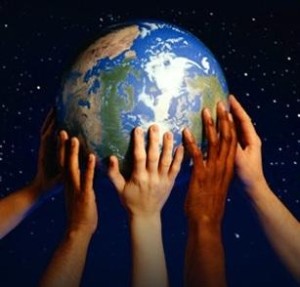Research and experience tell me that parents, government leaders and business want young people to become active and responsible citizens of the world and to obtain jobs where interaction with people in other countries and from other cultures is productive and economically rewarding.
In Australia, the Melbourne Declaration informs education policy. It states “Australian governments commit to working in collaboration with all school sectors to support all young Australians to become active and informed citizens who are responsible global and local citizens.”
The National Strategy for International Education has as two of its pillars, to increase partnerships and collaboration with local communities and global partners and to compete globally.
My question is…. “Do teachers have the skills and knowledge to teach this?
The national Australian Curriculum barely mentions anything to do with global citizenship/learning. It returns 11 entries across the whole curriculum with nothing specific until Yr 6 and then offers “The obligations citizens may consider they have beyond their own national borders as active and informed global citizens,” with a few elaborations to support this descriptor.
If we want our children to become global citizens, we need teachers who are global educators. They need the skills and knowledge to facilitate students to gain global competencies. This requires a specific and targeted overview of the curriculum and a change to pedagogy to include a platform of global concerns, issues to foster critical thinking, values of character, humanity and citizenship and actions that involve collaborative and creative problem solving.
marilyn@bethinkglobal.com.au
www.bethinkglobal.com.au

